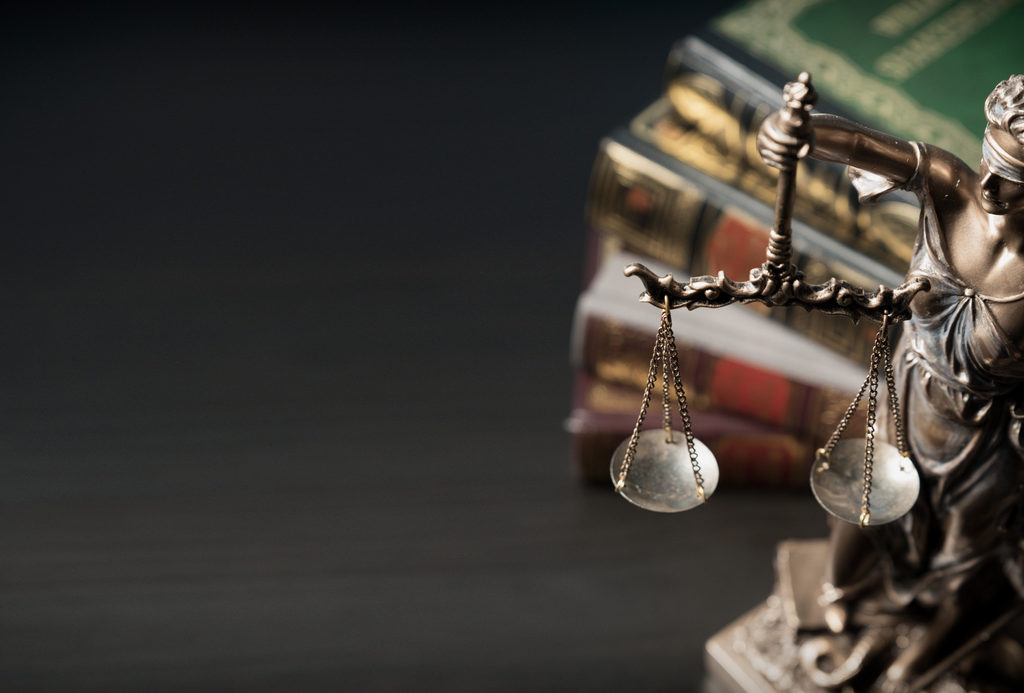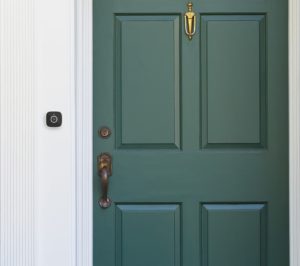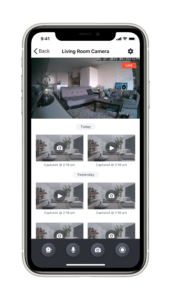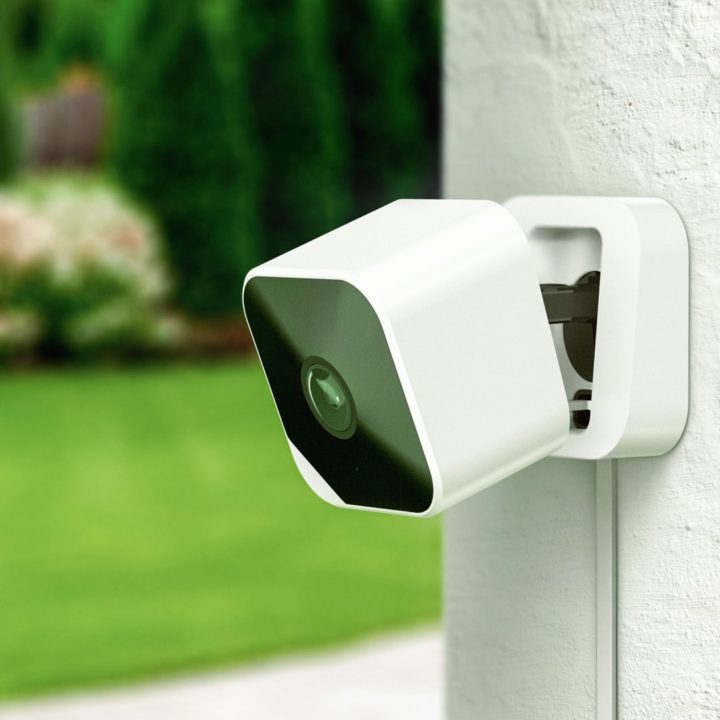Residential Security Camera Laws: What You Need to Know Before You Set Up Security Cameras

Rapid innovation in technology means you now have many more options for protecting and monitoring your home, and cameras play a big role in this effort.
Most of us are careful to protect our privacy and also very keen on home security. Installing security cameras in a fair way is about balancing those two things. It is important to fully understand your neighbors’ desire to protect and monitor their own homes, but you want them to do it in a way that doesn’t affect your privacy, and vice versa. The good news is that when it comes to residential security camera laws, the laws reflect this perspective. As long as the cameras are used for their intended purpose, everyone benefits.
Residential Security Camera Laws Work for Everyone
In the United States, residential security camera laws vary by state, so it’s worth checking out the specifics in your own state. But generally speaking, there is no law against installing security cameras that record footage in the immediate vicinity of your home, including the nearby street.
According to a law enforcement officer discussing the residential security camera laws in California:
“There are no laws or, or restrictions, for a private person to have video surveillance cameras around their property for the purposes of security. However, there are laws, and constitutional rights, regarding privacy.”
Installing cameras and recording footage for the purpose of residential security where the passerby has no reasonable expectation of privacy is typically no problem. This would include a public street.
A problem would only arise if the range of the recording covered somewhere where a person would have a reasonable expectation of privacy. For example, if a security camera was pointed towards a neighbor’s window and could view the inside of their home, that could be a legal problem.
You would want this level of privacy for yourself, so it’s understandable that your neighbors would too. Most home security cameras would never cause a privacy issue, but it’s worth just making sure that yours are positioned correctly. Another detail to consider is that if they are covering too much of your neighbor’s property, it’s unlikely that they are ideally positioned for maximum protection of your own property.

If you do have any concerns about the location of your own cameras or your neighbors’, it’s best to have a quick chat with them about it to resolve the issue.
Recording for the Right Purpose
Residential security camera laws are also concerned with the purpose of footage. For the majority of people, the footage will be used for protection and monitoring. But even if your intentions are nothing but good, you should always be aware of who has access to the footage and ensure that they can be trusted to be responsible with it. Security footage is meant to allow people to see what’s going on in and around their own home, not for social media pranks.
In summary, the law does not prohibit anyone from using residential security cameras in a fair way and for the right purpose. Simply search “Surveillance Laws [state name]” to find more information on your own state’s laws regarding residential security cameras.
Along with sensors, sirens, and many other devices, cameras form part of abode’s innovative wireless security system. The Security Cameras have HD streaming so you can see what’s going on in and around your home 24/7. You can also set it to automatically record if an alarm goes off, and program it to capture pre-alarm video recordings that are sent to your phone immediately so you can see what caused an alarm.
Get a free consultation to begin connecting and protecting your home with smart security.



